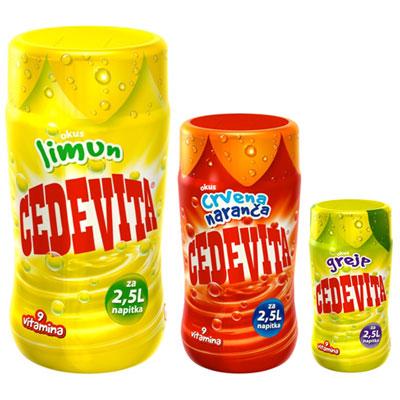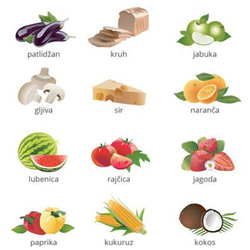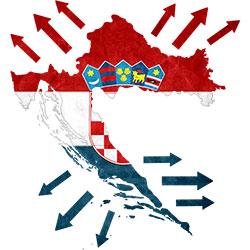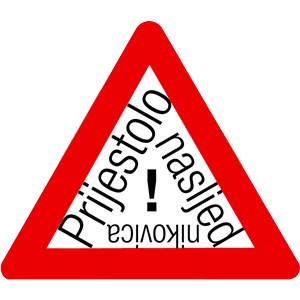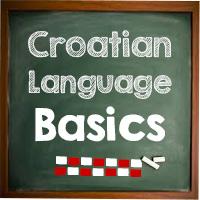What is a diminutive?
In language structure, a diminutive (or diminutive form), is a form of a word used to describe smallness of the object or quality named, intimacy, or endearment. Diminutives are created by adding suffixes to a word.
Diminutives are not common in standard English, unlike many other languages, however diminutives of people's first names are often used, e.g. Maggie (from Margaret), Suzie (from Suzanne) or Jimmy (from James). Words like mummy (mom) and daddy (dad) are also common everyday examples of diminutive forms of nouns.
How do I form a diminutive in Croatian?
The Croatian language most commonly use suffixes -ić and -čić (in some dialects also -ek), for diminutives of masculine nouns, -ica for feminine nouns and names, and -ce, -ašce for neuter nouns. As always, there are exceptions to these rules, but we'll discuss those in a future blog entry.
| Masculine examples | Feminine examples | Neuter examples |
|---|
| nos – nose nosić |
žaba – frog žabica |
pero – feather perce |
| miš – mouse mišić |
sestra – sister sestrica |
jezero – lake jezerce |
| sin – son sinčić |
susjeda – neighbour susjedica |
sunce – sun sunašce |
| vlak – train vlakić |
krava – cow kravica |
dijete – child djetešce |
| |
|
|
When are diminutives used in Croatian?
Diminutives are often used in Croatian when talking to your loved ones or cooing at babies. Using a silly baby voice while calling your boyfriend's nose a "nosić" makes you sound more Croatian. But please don't do it in public!
Exercise: Can you form diminutives out of these words?
konj – horse
Answer
konjić
žena – woman/wife
Answer
ženica
stol – table
Answer
stolić
lopta – ball
Answer
loptica
prst – finger
Answer
prstić
patka – duck
Answer
patkica

